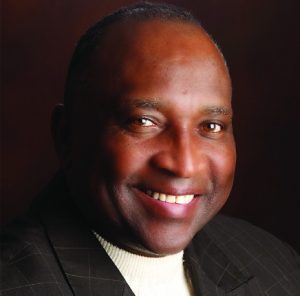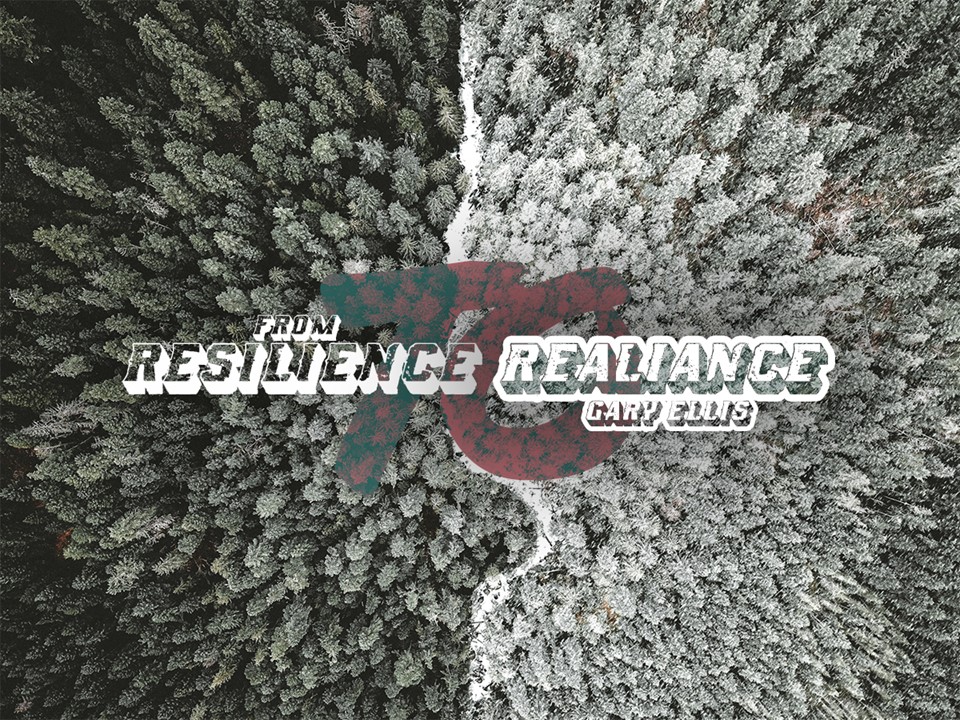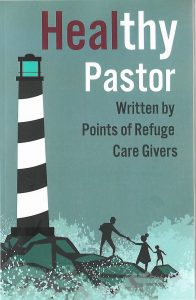From Resilience to Reliance: Learning to Weather Life’s Toughest Storms with Spirit led Fortitude Compiled by Gary Ellis and the Point of Refuge Care Givers
Article By Bishop R.E. Libby

To View and Download the entire Article, Outline or Powerpoint Click Here
Introduction:
Psychologists and behavioral science experts are fascinated by “the concept of resilience”—the indescribable quality that characterizes people who, when life knocks them down, rise again stronger than before. They don’t let failure define or paralyze them; rather, they view it as a teaching moment and a stepping-stone to future success.
Some experts believe resilience is, at least in part, genetic and that people differ in their innate ability to handle the stress, pressure, and trauma life doles out. However, there is strong belief that resilience can be cultivated—it is something you can learn and master on your own, experts say. They believe you can learn to strengthen yourself by choosing how you define yourself and what outlook you have on life and by learning to manage your emotions and reinterpret your setbacks in a positive light. You can do it all on your own. You can get tougher. You can get mentally and emotionally stronger. All you have to do is put your mind to it.
If that is the case, then why does it seem that resilience is such a rare quality? Why haven’t more of us seemed to master it? Could it be that, try as we might, our human frailty dooms us to fall short in our ability to overcome every obstacle we face and rise from the ashes better and stronger than before?
Psychology Today defines resilient people as those who “[e]ven after misfortune . . . are blessed with such an outlook that they are able to change course and soldier on.”‘ Where might such a “blessing” come from? I wonder. . . .
The mystery of resilience really isn’t a mystery at all; on the contrary, it is a misunderstanding. The English definition and Western perspective on resilience is:
• the ability to become strong, healthy, or successful again after something bad happens
• the ability of something to return to its original shape after it has been pulled, stretched, pressed, bent, etc.
• an ability to recover from or adjust easily to misfortune or change (emotional resilience)
While some may choose to believe that all of this can be done in our own strength, we know from experience that this is simply not the case. “Mind over matter” isn’t the prescription for surmounting every challenge life brings our way—believers and non-believers can agree. There are some things we face in life that are just too much for us to cope with on our own. This is a result of our living in a fallen world that was never meant to be. We weren’t designed to experience sin, pain, or death. That was never God’s intention. We were designed to live in holy communion with God, but when sin entered the world, all humanity from Adam and Eve forward would be susceptible to hurt, pain, brokenness, trials, or tribulation—consequences that spiraled out of the original sin.
So then, what are we to do? Do we give up hope? Do we wallow in pain and desperation? Surely not!
As Christians, we have opportunities that the lost do not. We can go to places for “strength” where non-Christians cannot go. They can go far, but when it gets to the spiritual, they can’t enter or draw strength from that dimension. These limitations are characteristic of what we are able to accomplish through our own works compared to what we can become empowered to accomplish when we allow God to work in, on, and through us.
To View the Rest of the Article including the Outline and Powerp0int Click Here
The above article From Resilience to Reliance: Learning to Weather Life’s Toughest Storms with Spirit Led Fortitude is the thirteenth chapter from Healthy Pastor, by Points of Refuge Care Givers.
The material is most likely copyrighted and should not be reprinted under any other name or author. However, this material may be freely used for personal study and research purposes.
Click on the Photo to View the ‘Order More’



